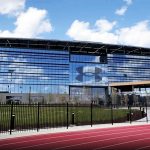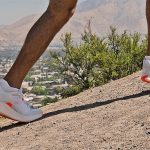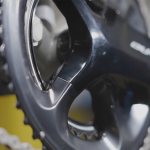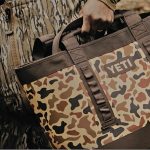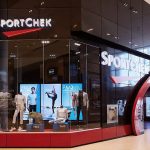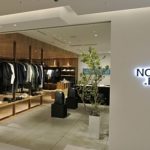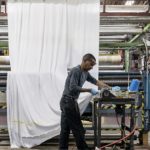The positioning of the two brands couldnt be more different but the results were similar as DSW Shoe Warehouse and Volcom both hit the road running in the public market last week and never looked back. DSW, the family footwear division of Retail Ventures Inc. debuted on Wednesday, pricing at $19 a share, or about 19% above its expected offering price in the $15 to $17 range. Shares jumped another 27.6% on Wednesday and a total of 36.1% for the week to close at $25.85 on Friday. Board sport apparel brand Volcom clearly rode the coattails of recent IPO darling Zumiez as VLCM shares opened at $26.01 on Thursday, nearly 37% about the $19 offering price. Shares continued to move through the rest of the short trading week, closing up 52.6% for the week at $28.99 on Friday.
For those that remember the old Designer Shoe Warehouse days, the new DSW format under president Debbie Ferree has become a solid retail platform for many athletic and outdoor lifestyle brands. A recent trek down the aisles at a DSW store reveals some of the widest brand presentations in the athletic footwear market.
DSW raised about $84.4 million on 4.6 million share before fees. Retail ventures will still own all of DSWs B shares and will control 94% of the voting power of the company.
At Volcom, its too early to tell if the success of the company and this plunge into the public market will have an impact on the image and attitude that defines the brand as a badge of honor for the counter-culture and anarchy crowd. Its broad appeal in the teen market and its staunch position on distribution have made it one of the iconic brands in the skate and snowboard market. Well see what happens when jacket-clad analysts start hanging around a trade show booth that is perhaps best known for the free flow of tequila before the clock strikes noon.
Volcom raised about $79.6 million on the sale of roughly 4.2 million shares and existing shareholders pocketed another $9.5 million in the IPO.
The company said $20 million of the net IPO proceeds would be distributed to existing stockholders and $4 million would be used to develop its infrastructure in Europe.



